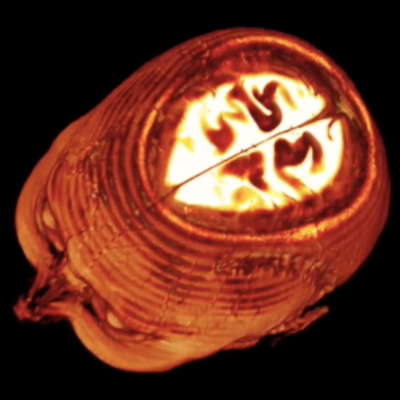 VIDEO PODCAST: John Dante Prevedini leads a discussion about The Creative Spark, including contributions from Ryan Ash, Sean Neukom, Adrian Rumson, Stephen Francis Vasta, David Arditti, Halida Dinova and Andrew Arceci.
VIDEO PODCAST: John Dante Prevedini leads a discussion about The Creative Spark, including contributions from Ryan Ash, Sean Neukom, Adrian Rumson, Stephen Francis Vasta, David Arditti, Halida Dinova and Andrew Arceci.
- Dobrzynski
- Delos Productions
- Classic Produktion Osnabrück
- Studio for Electro-Instrumental Music
- religious
- Freitas Branco
- Lauri Pulakka
- Wagner: The Flying Dutchman
 DISCUSSION: Composers Daniel Schorno and John Dante Prevedini discuss creativity, innovation and re-invention with Maria Nockin, Mary Mogil, Giuseppe Pennisi and Roderic Dunnett.
DISCUSSION: Composers Daniel Schorno and John Dante Prevedini discuss creativity, innovation and re-invention with Maria Nockin, Mary Mogil, Giuseppe Pennisi and Roderic Dunnett.
Vittorio Gnecchi
The Italian composer Vittorio Gnecchi was born in Milan on 17 July 1876, the second of three children of Francesco Gnecchi Ruscone and Isabella Bozzotti. As the grandson of wealthy silk industrialist Giuseppe Gnecchi, the young composer was able to study privately. Amongst his teachers was Michele Saladino (who also taught Pietro Mascagni and Victor de Sabata).
A controversy developed, early in Gnecchi's career, concerning the resemblance betweeen his opera Cassandra (completed in 1903, with libretto by Luigi Illica) and the later Richard Strauss opera Elektra. Italian musicologist Giovanni Tabaldini claimed that the Strauss opera had plagiarised Gnecchi's earlier work, and, so as not to annoy Strauss, plans for further performances of Cassandra were scrapped. In Gnecchi's own words: 'For music, performance is life. An opera doesn't have the everlasting breath of a painting: hidden, it is dust.'
Gnecchi went on to produce further operas La Rosiera (1927) and Giuditta (completed in 1953, and also with a libretto by Illica), a ballet Atlanta (1929), Cantata Biblica (1934) and the Missa Salisburgensis (1935). He died on 5 February 1954 in Milan.
A selection of articles about Vittorio Gnecchi
Ensemble. Unmistakably Italian - A fresh start for Gnecchi's 'Cassandra', by Giuseppe Pennisi

